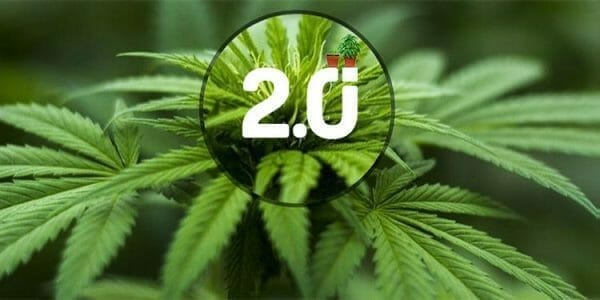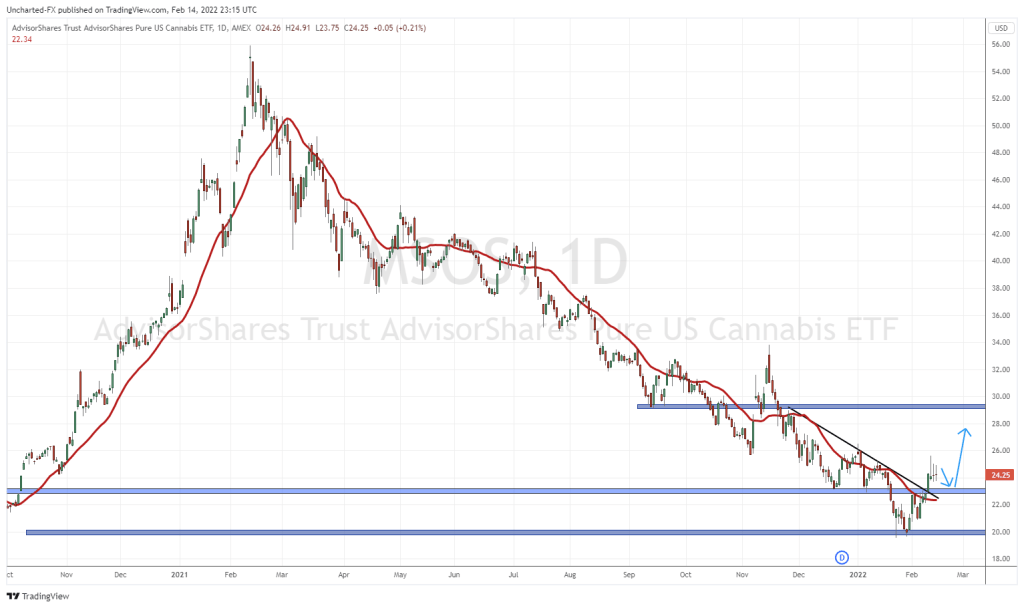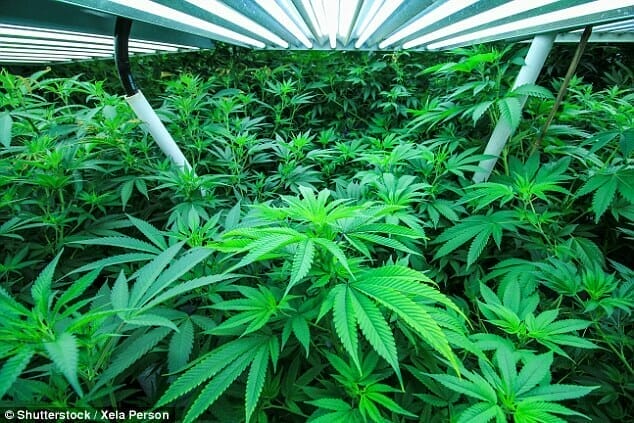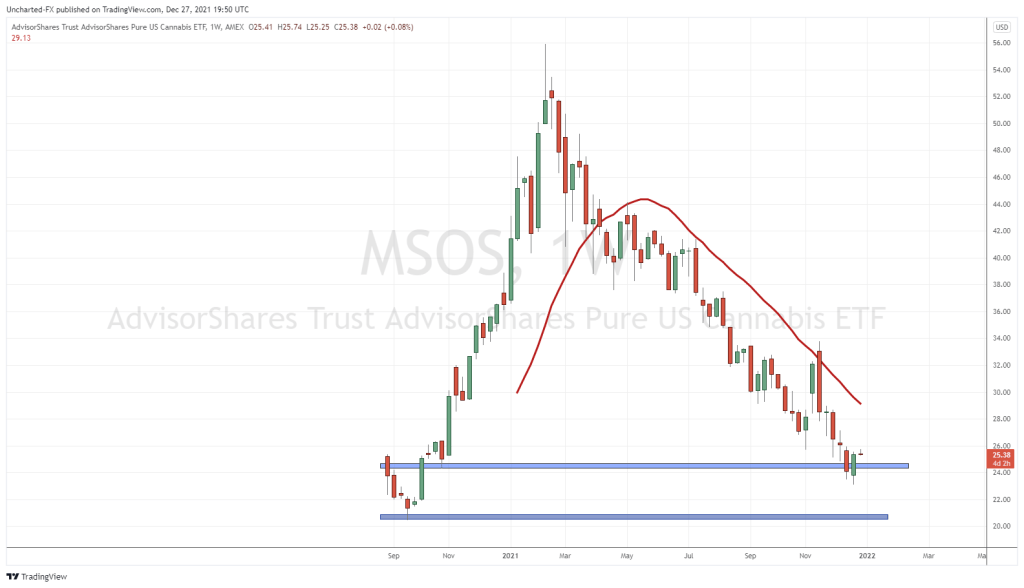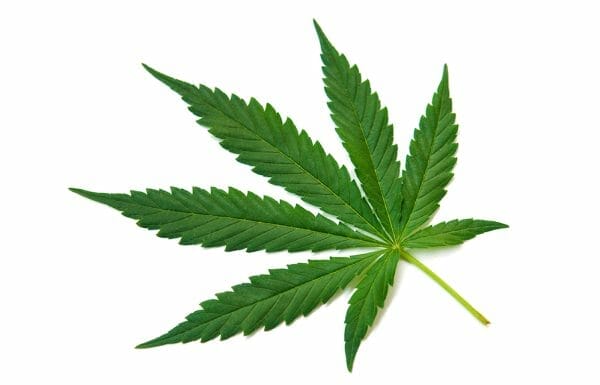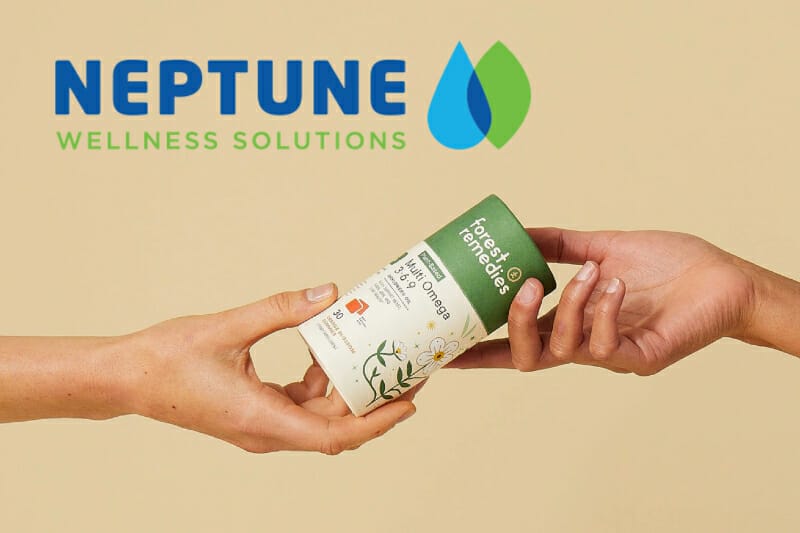Health Canada announced the specifics for cannabis 2.0 on legalization day 2019, which pushed off the actual appearance of the products on shelves until mid-December. There were some regulatory hoops to jump through, including packaging specifications, the amount of THC per package, and the myriad inspections required to get the nod.
Now it’s been roughly six months since cannabis 2.0 products started appearing on shelves. This week’s weed Wednesday rundown visits four companies involved somewhere in the production and distribution of cannabis 2.0. This list isn’t large enough to act as a representative sample of what’s going on in the industry right now, but it does provide a snapshot of what’s happening.
Extractions
As far as hemp processing deals go, Neptune Wellness Solutions’ (NEPT.T) latest partnership for their Sherbrooke facility is a good bet, especially given that their projected revenues are over $16.5 million over the next six months. It’s good to see they’re using it for more than just hand sanitizer.
Neptune is a health and wellness company involved in hemp, nutraceuticals, personal care and home care.
“This is an exciting point in time for Neptune’s history with accelerated growth across our health and wellness product portfolio, including cannabis and hemp derived products. With our Phase II extractor at Sherbrooke operational, we are now highly competitive on product offerings and pricing to Canadian LPs, giving our customers the edge to win at retail in Cannabis 2.0,” said Michael Cammarata, chief executive officer of Neptune Wellness Solutions.
They’ll be processing 44,000 kg of crude and distillate extracts from hemp biomass in four instalments.
Earlier this month, Agraflora Organics International (AGRA.C) subsidiary Edibles and Infusions (EIC) put the finishing touches on their 51,000 square foot, fully automated edibles manufacturing facility in Winnipeg, Manitoba. The company is preparing all the necessary applications for a standard processing licence from Health Canada and intends to have it submitted by the end of May.
The finished facility was built to meet regulatory standards in terms of security, cleanliness and product safety. The equipment being used for manufacturing will let EIC pursue chase after EU-GMP (European Union good manufacturing practices) certification in the future. The equipment uses specialized dosing tech that provides dosing to meet regulations and customer specifications, while also reducing contamination risk, or degradation of the cannabis inputs.
When fully operational, the company anticipates being able to produce over 250,000 pieces of precisely dosed edibles per eight-hour shift. The facility can be run all day everyday if the company requires it, and expects requiring only a staff of 30 at full time operation due to the high level of planned automation.
“Our edibles facility is designed to be, to our knowledge, the most technologically advanced and efficient cannabis facilities in Canada. Our team has almost 100 years of knowledge and experience in private-label confectionery manufacturing. Rather than trying to scale up practices developed in unlicensed establishments, we have built a facility which can produce cannabis edibles using world-class food manufacturing processes. As a result, we will be able to provide our clients with the highest level of service and support as we work together to build lasting and valuable brands nationwide,” according to James Fletcher, one of the founders and operational manager of EIC.
Beverages and gummies
Curaleaf Holdings (CURA.C) is expanding its portfolio of products by adding Curaleaf and Select Nano Gummies. They’re using nano-emulsion technology to infused the gel edibles with small, water-soluble cannabinoids allowing for faster and more efficient cannabinoid consumption.
The formula increases the bioavailability of cannabis, which allows for faster absorption and therefore a faster onset time, and more consistent results than traditional edibles. The precision and calibrated effects make Nano products optimal for microdosing for folks who might be looking to experiment with edibles for the first time instead of the traditional first-timer experience of vibrating on the couch for six hours.
“Curaleaf is committed to innovative product development as we strive to provide our customers with a variety of options for their cannabis needs. We’re thrilled to launch Curaleaf and Select nano gummies. Nano technology is an exciting development, and the first that we have scaled across our brands since acquiring Select in February, 2020. This unique product expands our portfolio choice for existing customers, and also provides a great entry point for those looking to try cannabis for the first time,” said Joe Bayern, president of Curaleaf.
Select nano gummies are available in at Curaleaf locations across Arizona, and the launch in Nevada, California, Colorado, Massachusetts and Maryland is scheduled for June. Next will be Michigan and Maine in July.
Last, we have THC Biomed International (THC.C) which begins shipping its ready-to-drink cannabis 2.0 beverage shot to the adult recreational cannabis market this week. Their first shipment of THC Kiss will go to Saskatchewan, and B.C and Ontario’s shipments are presently undergoing fulfillment.
“We have received very positive feedback on THC Kiss from our medical patients, with repeat orders per client increasing substantially. We are proud to bring Canadians a true alternative to smoking cannabis,” said John Miller, president and CEO of THC Biomed.
THC Kiss promises to hit you differently than edibles and beverages presently available in either the grey or legal markets. The shot is meant to be an alternative to smoking cannabis, and was developed by THC Biomed using their own proprietary extraction methods.
Each 30 ml bottle of THC Kiss contains 10 mg of THC, which holds true to the regulations set out by Health Canada for cannabis 2.0.
—Joseph Morton

